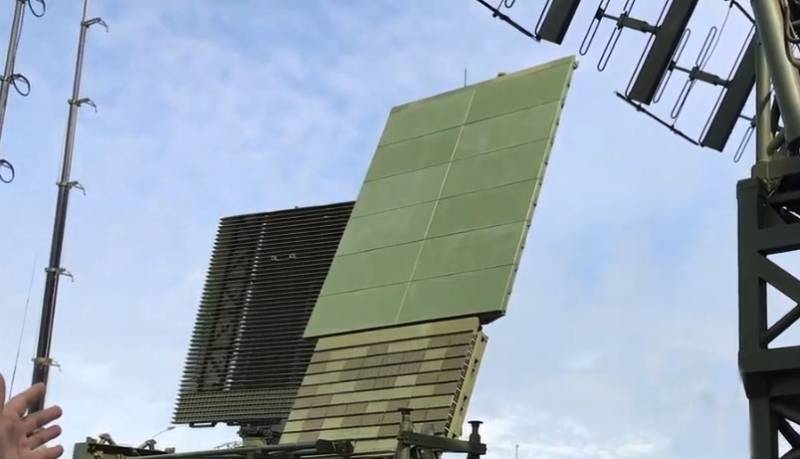Polish expert outraged by Turkish S-400 air defense tests on F-16 fighters
In Poland, they reacted to Turkish statements that Ankara would not send its troops to Poland and the Baltic states to “protect against the Russian threat”, as well as C-400 tests in Turkey.
It is under the term “protection against the Russian threat” in Lithuania, Latvia, Estonia and Poland that the contingent from various NATO countries, including the USA, Canada, the Netherlands, Germany, Britain, etc.
Recall: Ankara announced that in NATO the concept of "solidarity" has a duality. From the statement of official Ankara:
Polish observer Jakub Palovski writes that Turkey can veto the project of universal assistance to NATO to the Baltic countries and Poland. According to Palowski, the December meeting of representatives of the countries of the North Atlantic bloc will dot the “i” in the NATO partnership issue. In other words, Poland is going to closely monitor how Turkey will behave at this meeting (summit).
The same Polish observer recalls that France also touches on problems with solidarity in NATO, recalling the words of Emmanuel Macron about the "brain death" of the alliance. From the material of Jakub Palovski:
According to the Polish observer, today it is NATO’s authority that largely determines its effectiveness.
Palowski claims that after an attempted coup d'etat in Turkey, Erdogan radically changed his policy towards NATO. At the same time, Poland was outraged by the fact that Turkey tested the Russian-made S-400 air defense systems on F-16 fighters:
According to Palovski, cited in Defense24, the very fact of the interaction of the Turkish and Russian armies “could lead to the leak of important data for NATO.”
From the statement:

Information